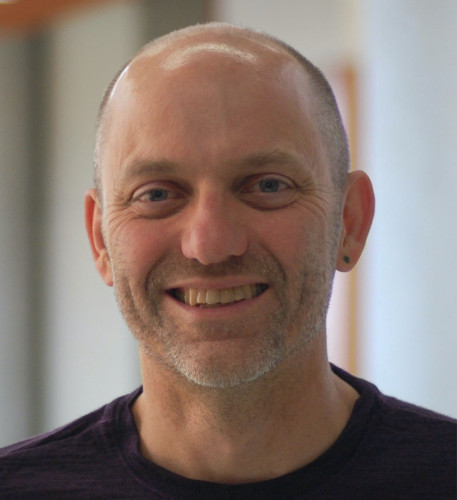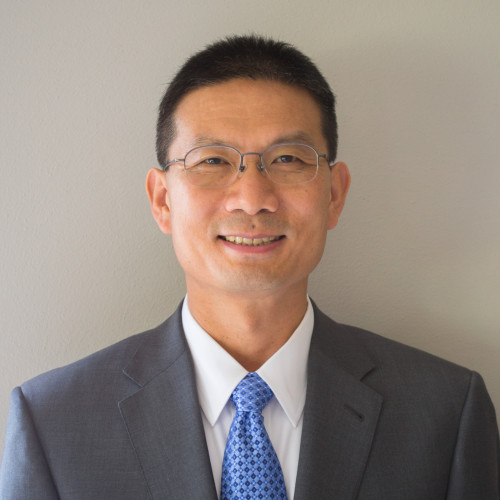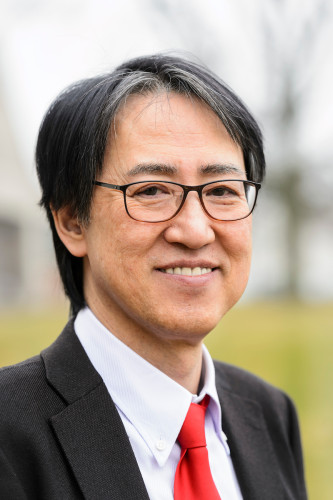UW–Madison boasts 3 researchers among 2023 National Association of Inventors fellows
The National Academy of Inventors has announced that University of Wisconsin–Madison researchers David Beebe, Guang-Hong Chen and Yoshihiro Kawaoka have been named to its 2023 class of fellows.
Election as an academy fellow is the highest professional distinction awarded solely to inventors, and the 2023 class is composed of 162 distinguished academic fellows. Collectively, the 2023 fellows hold over 4,600 U.S. patents.
“UW–Madison researchers make significant contributions to science and society,“ says Cynthia Czajkowski, interim vice chancellor for research. “This year’s NAI-recognized researchers from UW–Madison have each made crucial advancements in health fields, and they have been able to do not only through their commitment to advancing scientific discovery, but by moving their innovations from lab to marketplace.“
UW–Madison’s three new fellows bring the university’s total representation to 18.

David Beebe
David Beebe, professor of biomedical engineering and professor in the Department of Pathology and Laboratory Medicine, leads the multidisciplinary Microtechnology, Medicine and Biology Lab. He also is a fellow at the Wisconsin Institute for Discovery and is a member of the UW Comprehensive Cancer Center.
Beebe holds 67 U.S. patents and 19 international patents in biomedical engineering. Of his U.S. patents, 50 have been licensed or optioned to commercial entities, as have 13 international patents.
His research into microfluidic technologies and microenvironments has led to the development of multiple research tools, streamlined point-of-care and lab-based diagnostics and lowered cost testing for diseases. He is influential in organ-on-a-chip technologies that mimic the functions of organs on a microchip and allow the testing of drugs in a small-scale environment with a goal of improving clinical treatment decisions. His lab research currently includes cancer biology, multi-kingdom interactions, infectious disease and continued small-scale physics and technology development.
In addition to collaborating with established life sciences companies such as Gilson, Beebe is a serial entrepreneur, having founded or served on the board of Ratio, Tasso, Lynx Biosciences, Onexio Biosystems, Salus Discovery and Flambeau Diagnostics. Beebe’s current work with Flambeau Diagnostics was in response to the COVID-19 pandemic. Their mobile, rapid testing platform can be performed in lab-equipped vans and adapted for different infectious diseases.

Guang-Hong Chen
Guang-Hong Chen, professor of medical physics and radiology and recipient of the WARF Named Professorship and Kellett Mid-career Faculty Award, is renowned for his trailblazing contributions in medical imaging. As director of the X-ray and CT research and education program at UW–Madison, Chen’s work encompasses advanced x-ray physics, developments in innovative X-ray and CT imaging systems, innovative CT image reconstruction methods and cutting-edge medical data science and medical AI techniques.
His extensive portfolio, including 34 U.S. patents, eight pending patents and 30 international patents, has significantly advanced clinical disease diagnosis and improved patient care. Chen’s collaborative initiatives with medical industry giants and physicians at UW Health have been instrumental in integrating these technological breakthroughs into clinical settings, dramatically enhancing medical diagnostics and treatment.
Chen’s collaboration with scientists at Epic and UW Health is advancing clinical use of artificial intelligence to detect COVID-19 pneumonia more accurately. The algorithm quickly produces a COVID-19 risk score with a chest X-ray image. Once developed, the process could become a fully automatic tool for COVID-19 screening.
The American Institute for Medical and Biological Engineering has inducted Chen to its College of Fellows, recognizing his significant innovations and contributions in X-ray, CT, imaging physics, engineering and clinical applications.

Yoshihiro Kawaoka Photo: Jeff Miller
Yoshihiro Kawaoka, professor of virology at the School of Veterinary Medicine, is the director of the Influenza Research Institute. He is also a professor at the Institute of Medical Science at the University of Tokyo.
Kawaoka holds 52 U.S. and 171 international patents in virology and infectious disease. Of his U.S. patents, 36 have been licensed or optioned to commercial entities, as have 152 of his international patents.
He is an internationally recognized expert in influenza virus, Ebola virus and SARS-CoV-2, and he has made many vital contributions to understanding interspecies transmission, virus genetics and antiviral compounds. His lab used reverse genetics to demonstrate that live, attenuated viruses could be used to immunize people without causing diseases, and his research has identified why certain strains of avian flu are more lethal and why some can be transmitted between species.
Kawaoka has also worked on developing an Ebola vaccine, for which a Phase I clinical trial has been completed. He traveled to Sierra Leone during the 2014–16 Ebola epidemic to work directly with patients and survivors in close coordination with Project 1808, a nonprofit.
His lab pioneered reverse genetics, which led to patented technologies involved in producing FluMist and bird flu vaccines, generated by the collaborating centers of the World Health Organization, that are stockpiled by many countries. His identification of how avian viruses cross species barriers to infect humans has informed pandemic surveillance and control polices worldwide.
His patent recombinant flu virus technologies led to M2SR vaccines that provide longer-lasting protection against multiple influenza strains and are being studied to create bivalent vaccines against COVID-19 and influenza. These recombinant virus patents have been licensed to FluGen (a startup he cofounded) and Bharat Biotech in India.
Kawaoka maintains labs in the United States and Japan. He has received recognition for his work from the Emperor of Japan and is an international member of the U.S. National Academy of Sciences.




